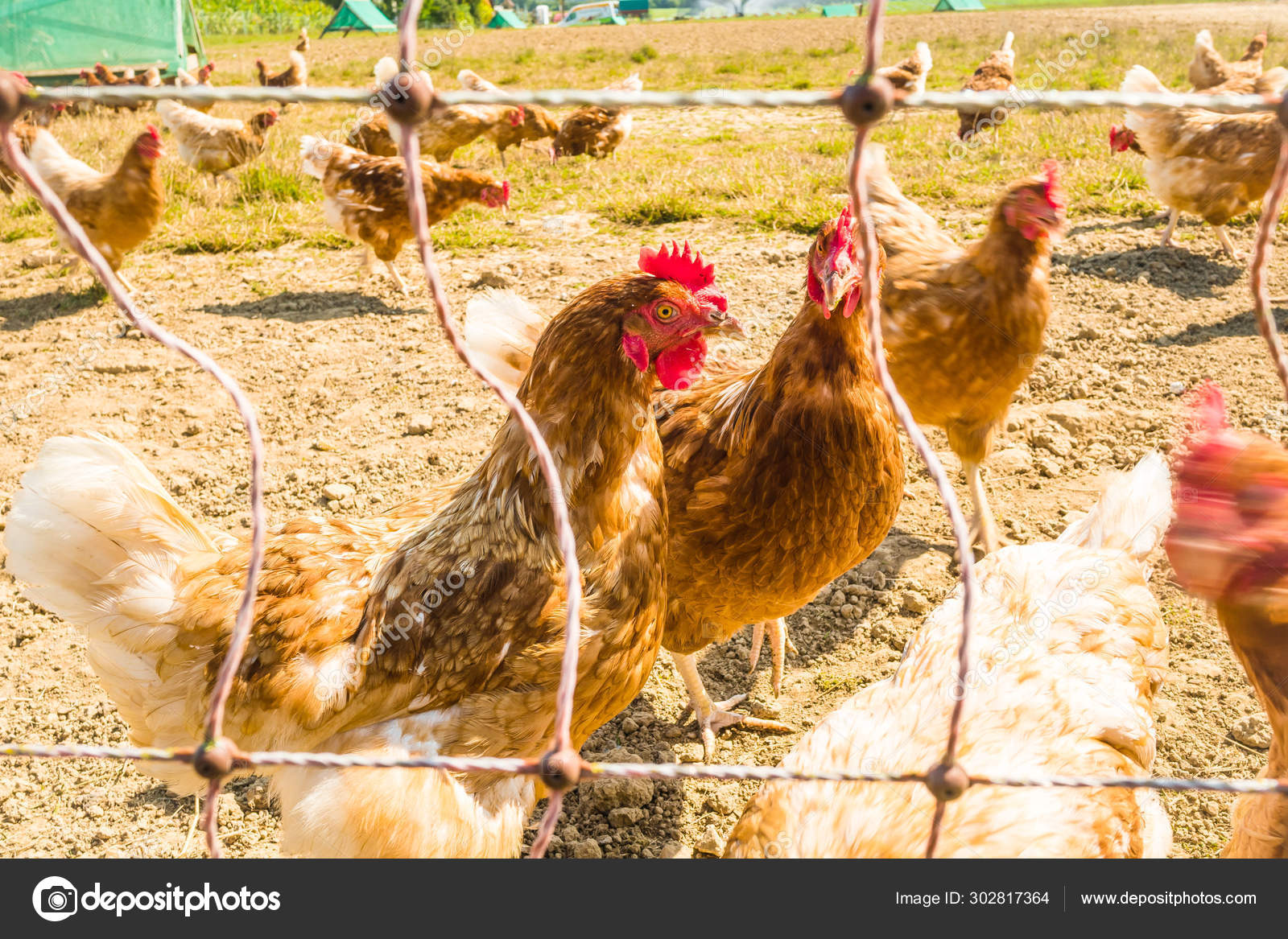
Each participating family typically raises about 1,000 chickens per batch, which – assuming all the chickens are healthy – translates into a total group income of about VND 380 million (around US$16,000). The members raise an average of three batches of chickens per year. Twelve of them, including all four founders, are women. This free-range lifestyle also produces higher-quality chicken meat that, research has shown, many customers prefer over industrially raised chicken. This keeps the chickens healthier – and the investment costs much lower – than in typical industrial chicken farming. The chickens are allowed to roam freely for much of the day, feeding on maize, insects and natural grasses. Nguyen Thi Bich attributes their success to maintaining high standards. As a result, the group’s production and business activities have expanded rapidly. With support from the SRDP, they put together a long-term business plan and signed a contract to supply seedling chickens and purchase products from large livestock enterprises. Soon, more and more villagers began adopting the model – and they quickly formed themselves into a cooperative, with Nguyen Thi Bich and Nguyen Duc among the key members. Sustainable Rural Development for the Poor Project in Ha Tinh and Quang Binh Provinces (SRDP) - November 2017 ©IFAD/Minzayar Oo/Panos

“I noticed that Nguyen and some other households were raising chickens quite leisurely and still managing to earn a lot of money, so my husband and I decided to invest in this chicken farming model as well,” she says.

And like many in the area, she has also seen her family’s income increase substantially. Nguyen Duc now follows the same highland model, but on a smaller scale. Not far from Nguyen’s residence lies the house of Nguyen Thi Hoai Duc. They have moved up into the middle class, and her children now have access to a proper education. After years of persistently following this model, her family can afford to raise three batches each year, with more than 1,000 chickens in each batch. Nguyen’s success has only grown from there. At the Lunar New Year in 2017, her family sold about 1,000 chickens, weighing between 1.5 tonnes and 2 tonnes in total and bringing in a profit between VND 40 million and VND 50 million (about US$1768 to US$2200). Having realized the economic potential, she decided to invest in raising a bigger flock. After about three months, they had grown well and adapted to the local environment, and she was able to sell them for about VND 20 million (US$919.00). With the SRDP’s help, she invested some money and began raising chickens in her three-hectare garden on a hillside. It seemed to be an ideal fit for the project’s goals: to help small-scale farmers in her region adopt sustainable agricultural techniques that could protect the local environment while also being scalable enough to eventually help them join larger value chains.īut, as one of the first farmers in her area to join the project, Nguyen Thi Bich started small. The SRDP had a plan for highland chicken farming, a model that makes use of the extensive hills and forests in the area. Then in 2015, the IFAD-supported SRDP project came to Thanh Son, her small hamlet in the Quang Binh province of Viet Nam. It had always been like that for other households in the area, too. But they’d always struggled to keep their animals healthy, leaving them with just enough for themselves – and an almost non-existent income. She’d grown up on a small farm, and she had always helped her family where she could. Global Forum on Remittances, Investment and DevelopmentĪt first, when Nguyen Thi Bich decided to try her hand at highland chicken farming, she didn’t quite know what to expect.Working group on the Performance-based Allocation System.Nourishing people and the Earth through inclusive and sustainable agriculture.Global gender transformative approaches initiative for women’s land rights.Joint Programme on Accelerating Progress towards the Economic Empowerment of Rural Women.Smallholder and Agri-SME Finance and Investment Network.Platform for Agricultural Risk Management.National Designated Authorities partnership platform.



 0 kommentar(er)
0 kommentar(er)
